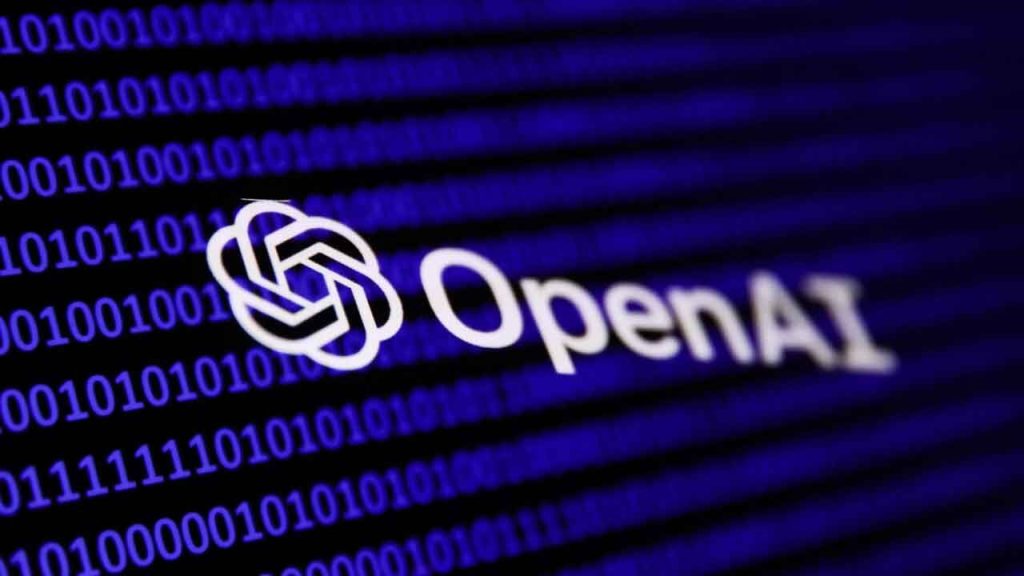In a dramatic turn of events, OpenAI’s ambitious $3 billion acquisition of AI coding startup Windsurf has officially fallen through. Seizing the moment, Google DeepMind has stepped in—not to buy the startup, but to license its tech and scoop up its top minds.
According to The Verge, OpenAI’s acquisition efforts came to an abrupt end this week. Almost immediately after, Google made its move. Windsurf’s CEO Varun Mohan, co-founder Douglas Chen, and a select team of top researchers have now joined DeepMind, the advanced AI research arm of Google. A company spokesperson later confirmed this strategic recruitment to TechCrunch.
What makes this deal unusual is that Google has not acquired Windsurf. Instead, the tech giant is paying approximately Rs 20,600 crore ($2.4 billion) for a nonexclusive licence to parts of Windsurf’s technology. The licensing model allows Windsurf to maintain its independence and continue exploring partnerships with other players in the AI space.
Even though key leadership has exited, the core team of around 250 employees will remain with Windsurf. Jeff Wang, formerly the company’s head of business, has been appointed interim CEO. In a reassuring post on social media, Wang stated that Windsurf’s enterprise AI coding solutions will remain intact and continue to evolve—without any Google ownership or operational involvement.
This maneuver, while bold, isn’t unprecedented. It’s an example of a growing trend in the tech world known as a “reverse acquihire”—where instead of acquiring a company outright (and triggering regulatory scrutiny), tech firms like Google and Microsoft hire away key talent and license the necessary IP. It’s quick, clean, and regulator-friendly.
Google has employed similar strategies before, notably bringing back Noam Shazeer from Character.AI. Microsoft too used a similar approach when it brought in Mustafa Suleyman. In today’s fiercely competitive AI sector, the most sought-after assets are not just algorithms—but the people who build them.
For OpenAI, the fallout may leave a bigger impact than just a missed deal. Reports from The Wall Street Journal suggest that Windsurf’s technology had already become a source of friction between OpenAI and Microsoft, which holds access to OpenAI’s intellectual property. Windsurf’s pivot away from OpenAI might have eased potential conflict, but it also handed Google a significant edge.
Fortune reported Friday that the exclusivity period for OpenAI’s proposal had just lapsed. By afternoon, Windsurf had already struck the licensing agreement with Google, signaling how fast the dynamics shift in the race for AI dominance. And once again, the biggest prize isn’t just the software—it’s the talent shaping the future of artificial intelligence.

